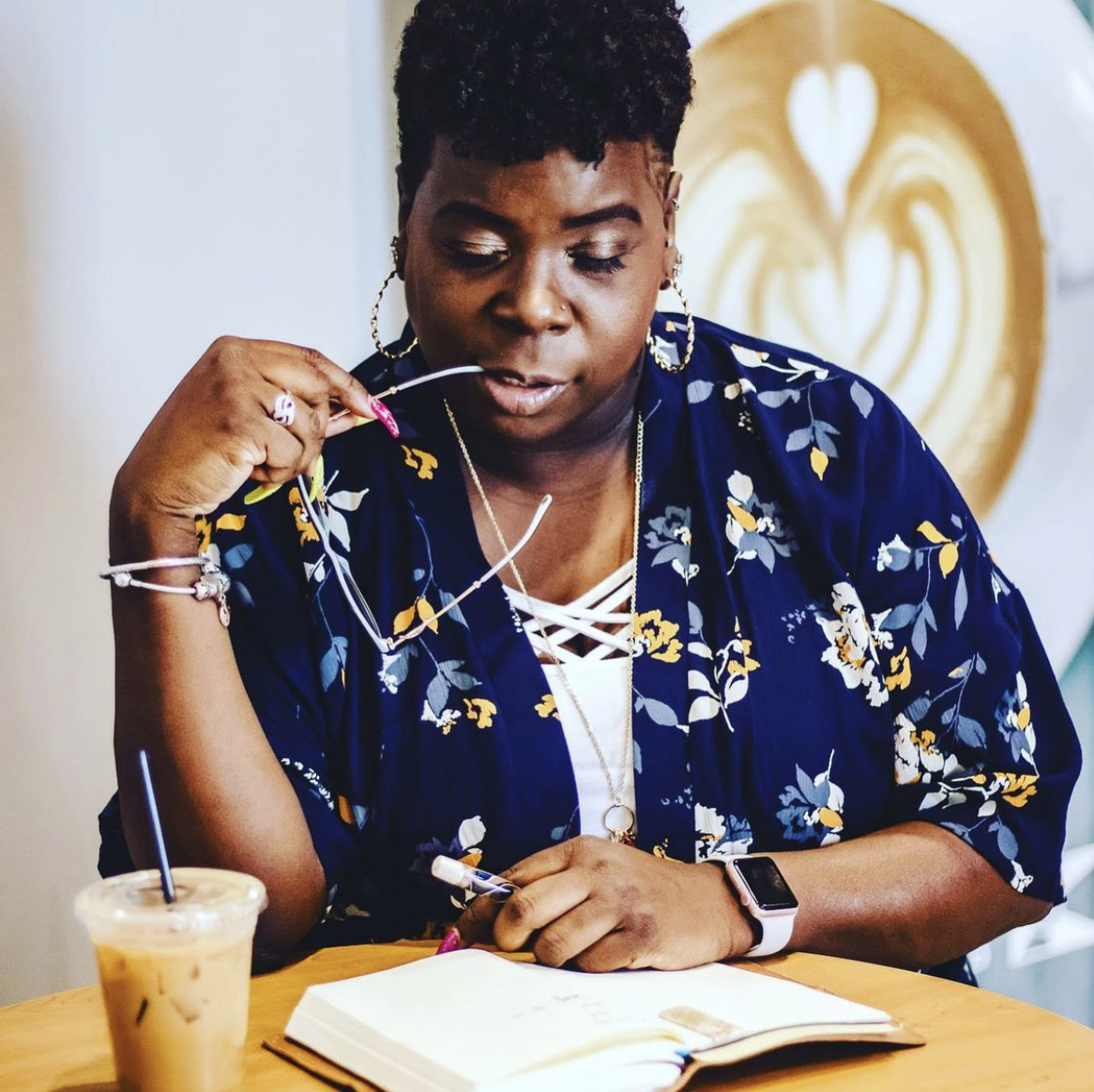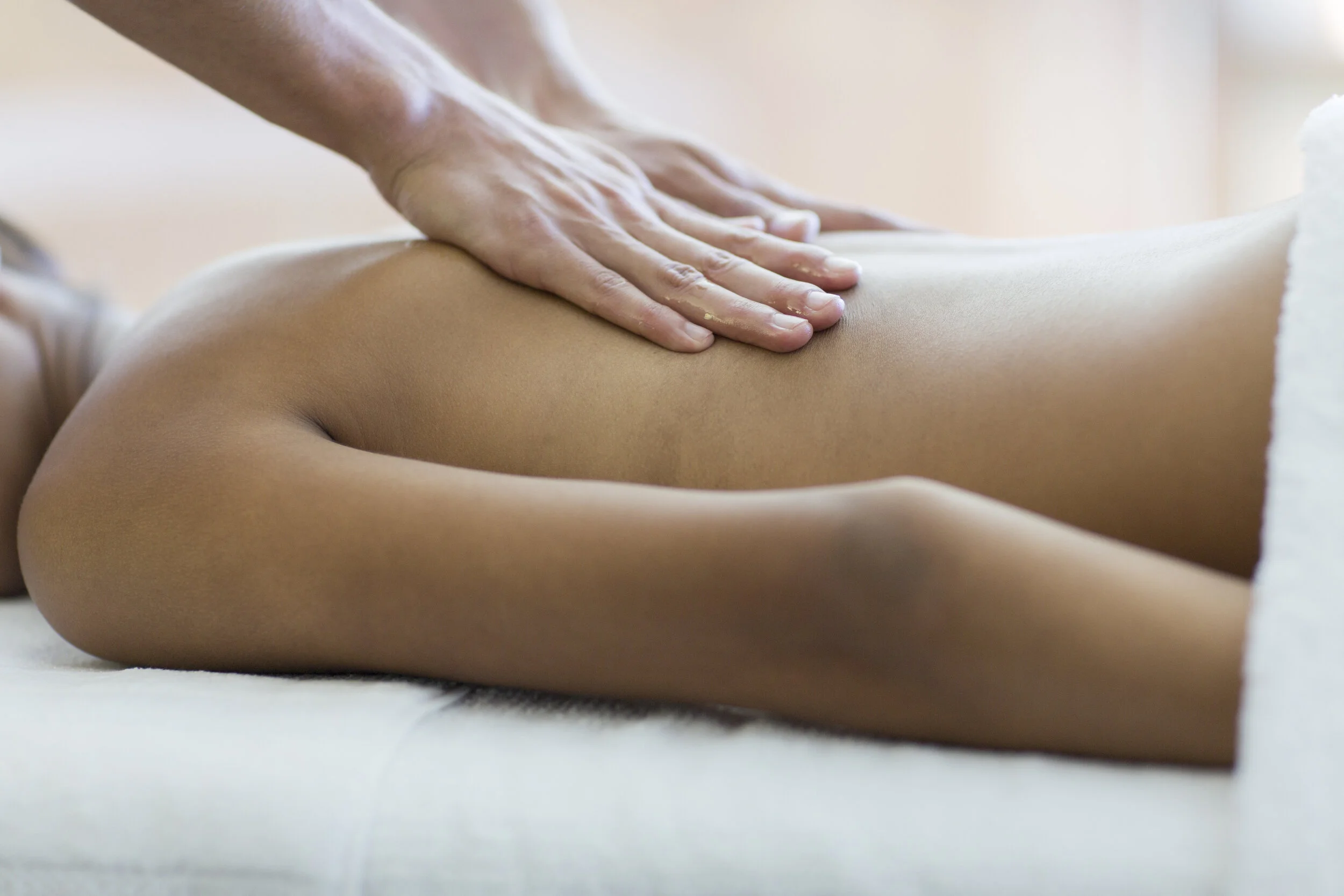Centering Diversity, Inclusion, & Equity in Massage Practices
One of the many benefits to being a professional member of ABMP — Associated Bodywork & Massage Professionals — is the opportunity to learn and grow through their continuing education classes. Continuing education for massage therapists can cover a range of topics including techniques, anatomy and kinesiology, business development, scientific research and development, ethics, etc…
I always love to share what I’m learning about and hope to highlight great classes, powerful instructors, and additional resources here in the blog.
Shana Chivon is a writer, content creator on Patreon and a Womanist, in practice and theology. She is an advocate for Wellness, both in the community and as a form of self-care. She is a Reiki Practitioner, an Emotional Emancipation Facilitator and is currently in Yoga Teacher Training to ensure that she brings wellness to communities that are typically left to the margin.
In May of 2021 I completed Shana Chivon’s ethics course: Centering Diversity, Inclusion, and Equity in Our Practices.
This course focuses on how centering communities of color and socially marginalized groups in massage therapy can help to create diverse and inclusive spaces for radical wellness. Shana Chivon discusses how to incorporate and prioritize diversity, inclusion, and equity in a massage practice to ensure that all communities are able to benefit from massage therapy. This cultural competency course shared strategies to address inequalities that impact representation and relationships in the wellness industry.
D.E.I - diversity, equity, inclusion - a framework to teach, educate and facilitate conversations around racial justice and equity in various workplaces, environments and practices.
Massage therapy, bodywork, and energy work have been shown to have a significant and beneficial impact on physical, emotional and mental health. It is important to create communities and practices that ensure ALL have access to that care.
If you are interested in learning more about Shana Chivon and this subject, check out her website and resources.
I found it so powerful when Shana Chivon said,
“Privilege is not a naughty word. Privilege is access. Privilege is advantage. And when you acknowledge and recognize that you have privilege it is then that you can begin to wield it in ways that help the marginalized groups that do not have access.”
According to the course statistics, the Bodywork Industry today is comprised of 74.7% White and 76.7% Female bodywork practitioners. This demographic has been shaped by hundreds of years of systemic and systematic oppression and racism. It continues today due to various factors including discrimination in the application process both in the education and certification sector, and in the workforce. The high cost of pursuing a degree in this profession (and oftentimes the inability to access loans or grants to help pay for it) and the lack of diversity and representation in the industry are also seen as huge barriers for entry.
I’ve included Shana Chivon’s Privilege Bingo sheet as a tool for others to use to help acknowledge where we each experience privilege in our own lives. Her bookshelf recommendations are also pictured for those looking to learn more on these topics.
“Do the best you can until you know better. Then when you know better, do better.” - Maya Angelou














